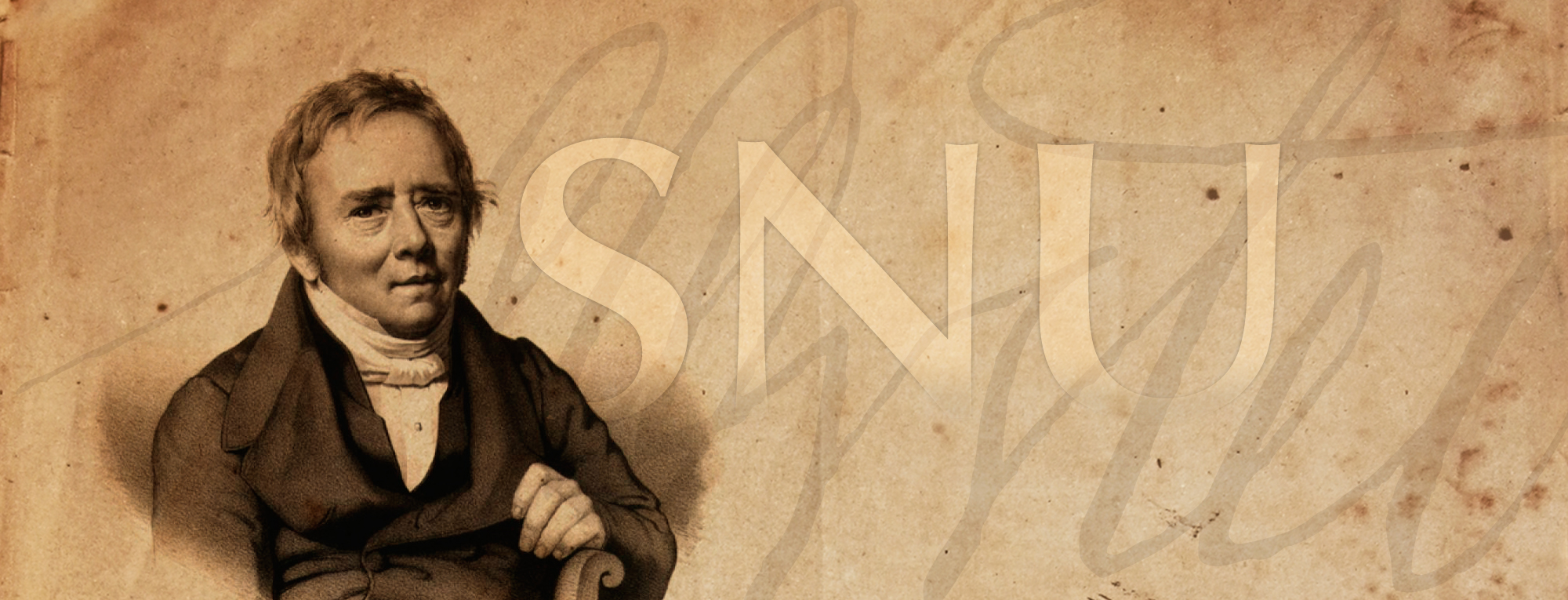August Krogh (1874-1949) received the Nobel Prize in Physiology or Medicine in 1920 "for his discovery of the capillary motor regulating mechanism". The scientific work was to be publicize the year before in three papers with a common theme on the oxygen supply of striated muscles. The studies demonstrate for the first time that increased oxygen consumption is accompanied by the gradual opening of capillaries which spread evenly in the working muscle in a regular pattern. When measuring microscopic distances between open capillaries and the oxygen-consuming muscle tissue, as well as experimental determination of oxygen's diffusion constant in muscle tissue, muscle oxygen consumption, and oxygen partial pressure in the on and off blood vessels, Krogh could also show The oxygen supply of the muscle tissue can be covered by diffusion alone, at rest as well as un-maximum aerobically work.
The precise formulation of a scientific problem, the original development of new technology for the solution of the problem and a subsequent integrated experimental study were characteristic of Krogh's working method. Krogh himself emphasised that two professionally very different influences in the young years came to form the basis of his professional career. At school age, he was accompanied by zoologist William Sørensen stimulated his interest in natural history, and as a student he followed Christian Bohr's lectures in medical physiology. Zoological interest, remarkable insight into physics and unusual abilities to construct appliances and develop micron-Toder brought Krogh far ahead of his time. Both before and after receiving the Nobel Prize, his laboratory was an international learning and gathering place for the prominent physiologists of the time. In the mid-1920s, Krogh managed to get the Rockefeller Foundation to donate funds for building the large Rockefeller complex on Juliane Maries Road. With the eternal justification that new scientific achievements are often achieved at the interface between the subjects, zoophysiology, gymnastics theory, medical physiology with two newly established subjects biochemistry and biophylism could move together in 1928 in the pre-built Complex.
In the lecture there will be examples of several of Krogh's significant achievements: lung studies, capillary studies, foundation of Danish work physio-logy in collaboration with Johannes Lindhard, co-operation with Hans Christian Hagedorn on Introduction of Danish insulin production, use of isotopes in biological research and the start-up of membrane physiology in Denmark.
August Krogh's textbook "Human physiology" mediated scientific insight into the body's functions to about 50 yeartimes of high school students and constituted a source of inspiration for students who opted for higher education in biology, biochemistry and Medicine.
